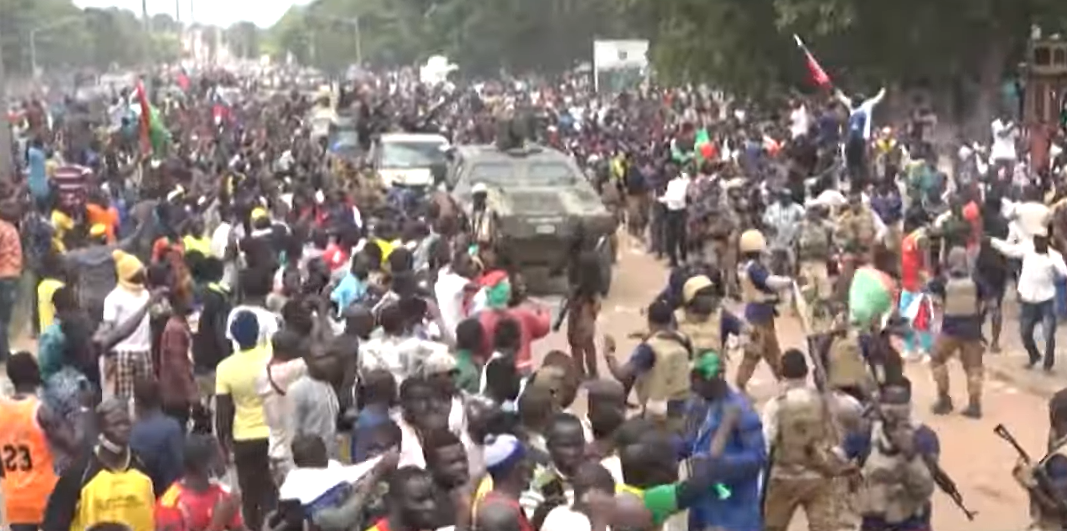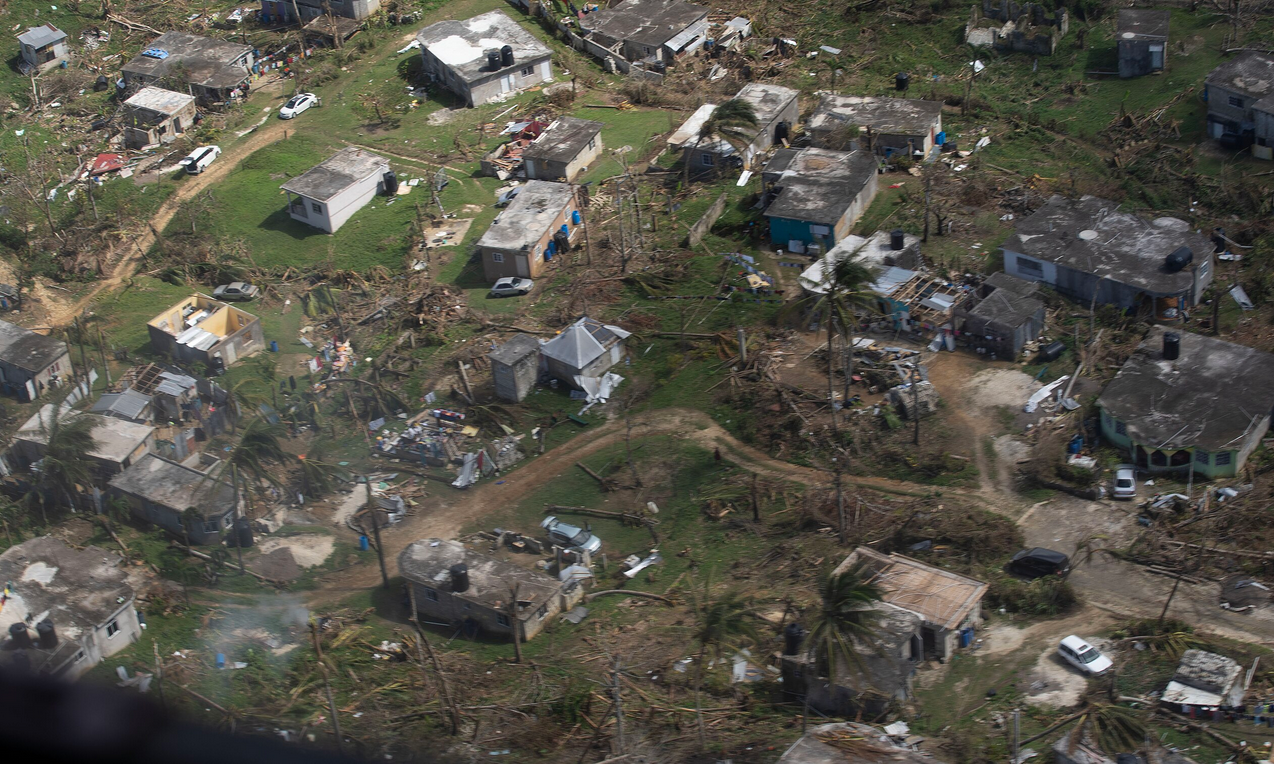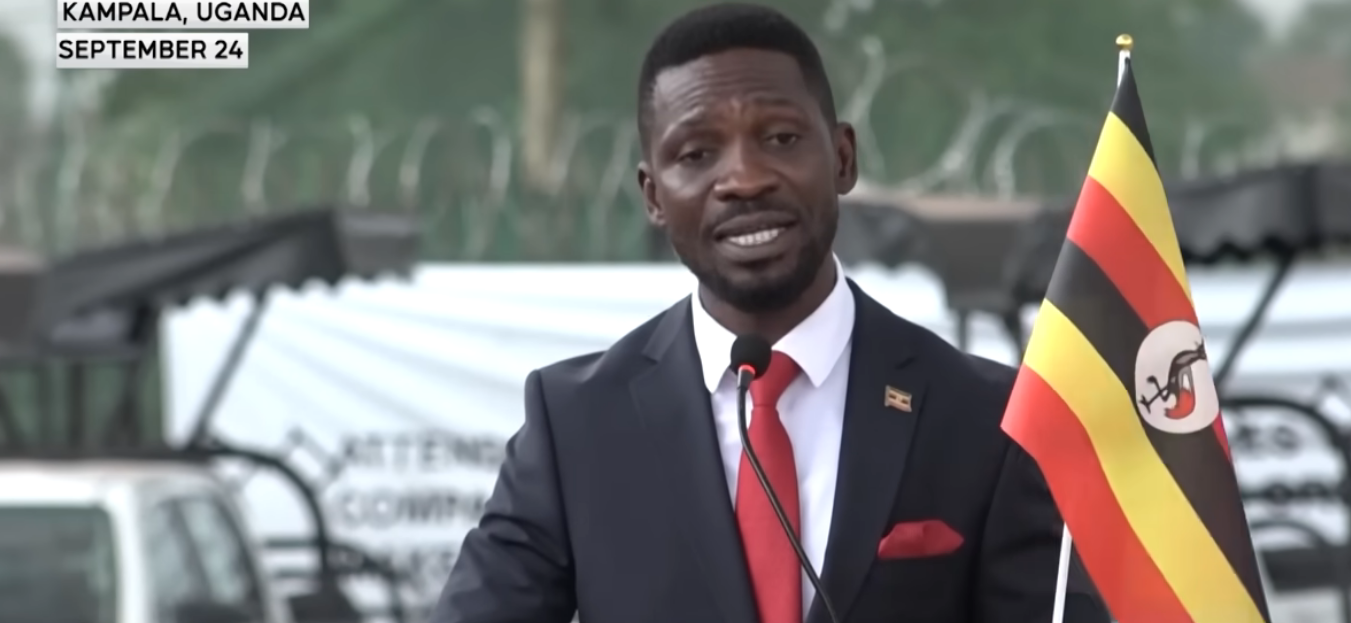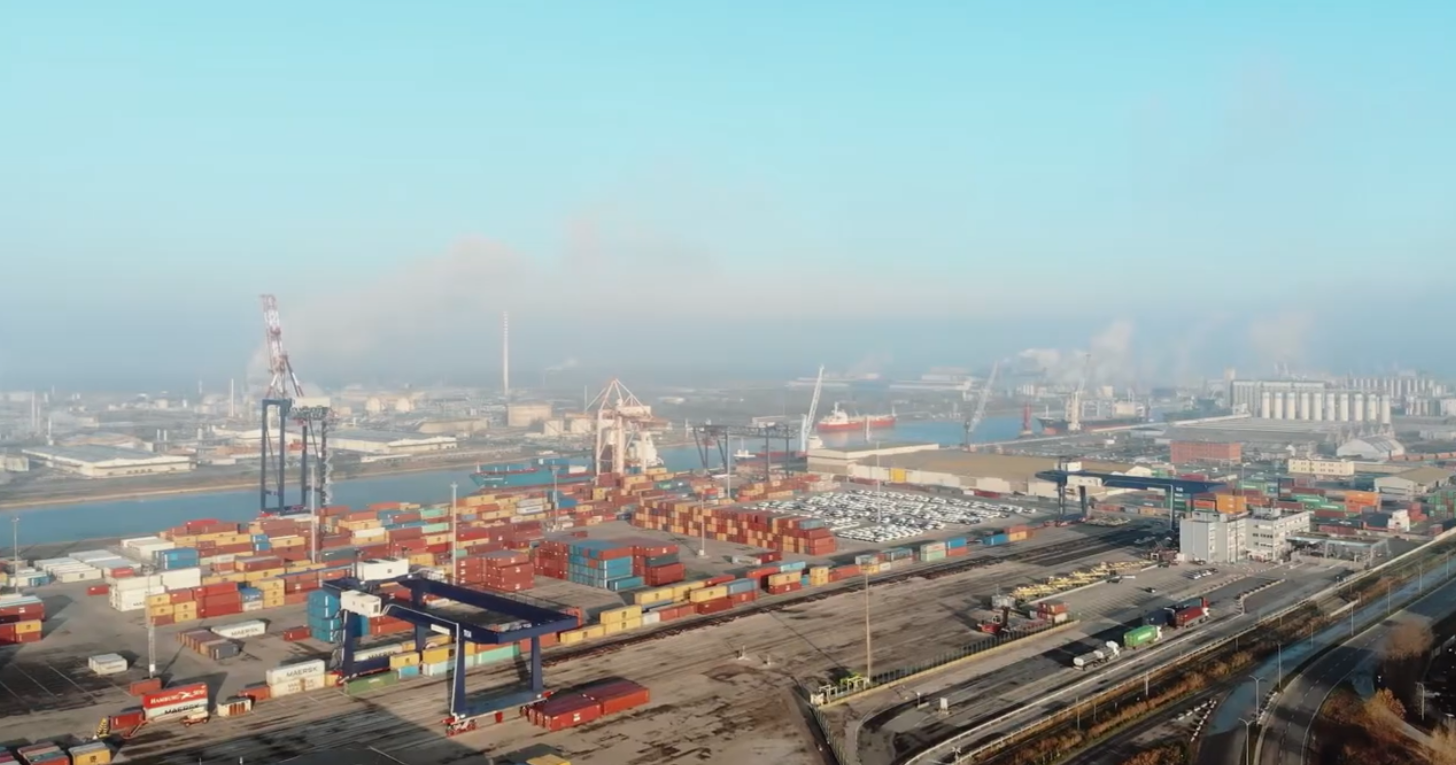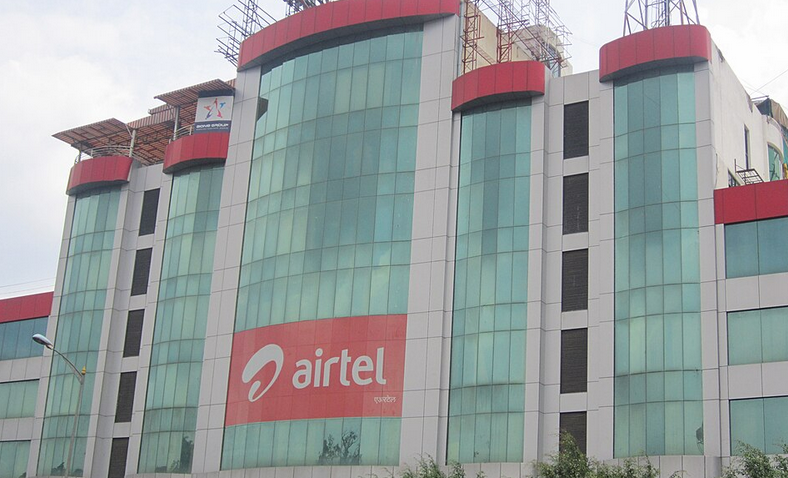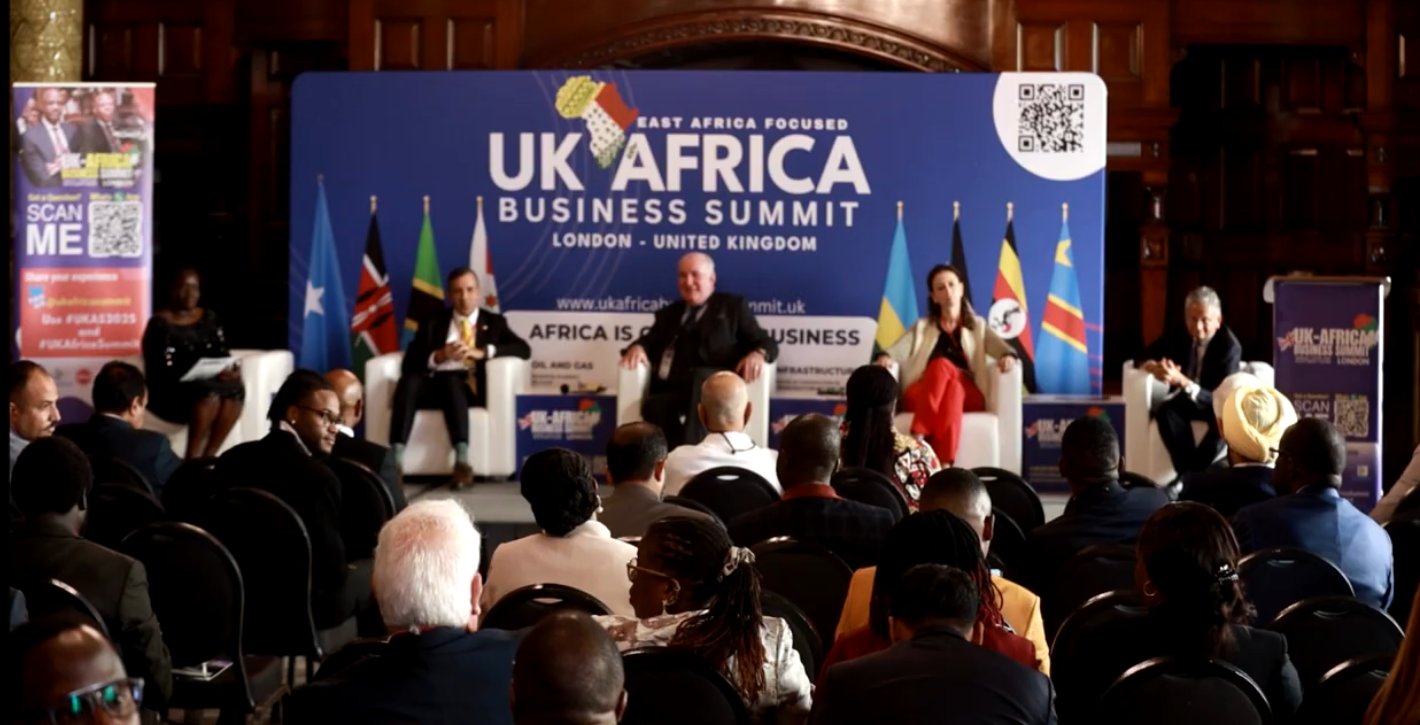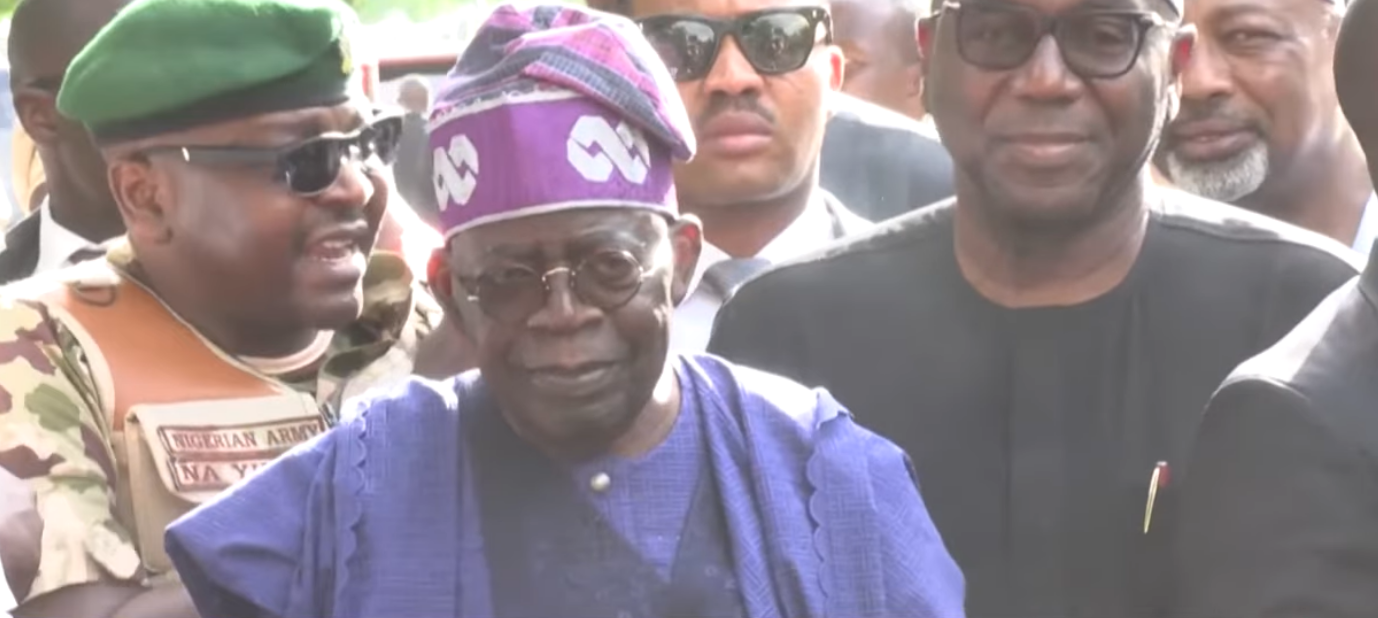By Martins Agbonlahor
Photos: Wikimedia Commons\YouTube Screenshots
The West African nation of Senegal used to be called the “Paradise of Africa,” due to her beautiful landscape, historical sites, and political stability. And for many decades, this epithet stuck. But the paradisiacal nation is gradually becoming hellishly uninhabitable due to the current political turmoil that has engulfed her.

It all began on 5 February, this year, when the country’s elected president, Macky Sall, postponed this month’s electoral poll to December, announcing that “the time isn’t right, as we’re trying to restore trust in the electoral process.” His seemingly harmless speech stoked the embers of discontentment amongst the electorates and opposition politicians, who felt the president was orchestrating a devious strategy to perpetuate himself in power. And they took to the streets to vent their anger, the opposition politicians, orchestrating a real showdown, advising the entire populace to stage a series of sit-ins, pickets, rallies, marching, and other forms of non-violence resistances.
The police were called in and they showed their highhandedness. Three demonstrators were gunned down, and six, gravely injured. Two prominent opposition law makers were also forcibly arrested and whisked away to an unknown destination.
As at the time of writing, the chaotic situation appeared fluid, with the president promising that he will not renege on his promise to step down when his electoral mandate expires, which in effect, means April 12, this year. But his speech was like water off a duck’s back. He had wittingly or unwittingly stirred up the hornet’s nest, and the teeming rioters in cities like Dakar, Diourbel and Thiès, refused to be placated. They barricaded major roads, some of them, armed with hand-bells, cooking pans, spoons and cutleries in an apocalyptic clatter: “It is election NOW or we’ll pull down this government!”
The acrid smell of petrol bombs permeated the air throughout the day while the nights were ghoulishly lit by bonfire.
This writer wishes for peace in this erstwhile tranquil country. The warring factions in the country should embrace the principle of the late Félix Houphouët-Boigny, and sheathe their swords. The late sage who happened to be the founding father of Ivory Coast, a neighboring country, makes us understand that “dialogue is better than diatribe.”
I incontestably agree with him.
The government of Macky Sall must put their money where their mouth is, and convey a meeting as a matter of urgency, to address this burning issue and allay people’s fears.
The trigger-happy police officers, who killed the three unarmed protesters in broad daylight and injured others, must be brought to book. Their brazen act, I think, does not qualify as a last resort let alone the first response, as pulling a trigger on defenseless demonstrators is a callous act that flies in the face of Article 20 of the country’s 2016 Constitution, which provides inter alia, for “peaceful assembly and protests.” These officers are paid from the state’s coffers to protect the common citizens, not to eliminate them.
Taking this further, the Economic Community of West African States (ECOWAS), to which Senegal belongs, must call the government to order and ensure she does everything to restore peace to the nation.

Senegal, as we know, survives mainly on tourism. If these skirmishes snowball into a tidal wave of uncontrolled violence, this will negatively affect the tourism industry, as the teeming European tourists – the source of the country’s main revenue – would abandon vacationing altogether and instead, resort to staycation. This will spell doom for Senegal and have deleterious effects on its people.
The country’s Army Chief, General Mbaye Cisse, and his fellow officers may also use these skirmishes as a plausible excuse to overthrow the government and install a military kakistocracy, as is the case in Mali, Guinea, and Niger. In fact, the West African bloc is currently a volatile region prone to coups d’état, even for the flimsiest of excuses. Senegal, in this vein, is like a sheep amongst a pack of ravenous wolves. She must, therefore, be very careful not to do anything that would throw her hard-earned democracy to the dogs.
That’s the way I see it.
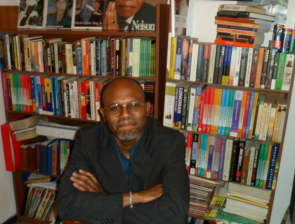
Martins Agbonlahor is a trained lawyer, journalist and author. He resides in Greater Manchester, The United Kingdom.
Author’s website: https://www.martinsagbonlahor.com
